Tired of feeling overwhelmed by health information? Struggling to stick to your wellness goals? You’re not alone. Navigating the world of nutrition, exercise, and mental wellbeing can feel like deciphering a foreign language.
But what if we told you there were simple, surprisingly effective strategies to unlock healthier habits? We’re talking about game-changing hacks that go beyond the usual advice, based on proven science and real-life results.
Get ready to discover 7 health education hacks that will leave you amazed—because these tips actually work.
Get ready to ditch the overwhelm and embrace a healthier, happier you, one incredible hack at a time.
7 Health Education Hacks You Won’t Believe Actually Work
Let’s face it, sometimes health advice can feel like a jungle of conflicting information. You’re bombarded with conflicting claims about superfoods, detoxes, and miracle cures. It’s enough to make your head spin! But what if I told you there are some simple, surprisingly effective health “hacks” that are backed by science?
Ready to ditch the overwhelm and discover some easy, enjoyable ways to boost your well-being? Here are 7 health education hacks that are sure to surprise you:
1. Forget the Diet, Focus on Food Frequency
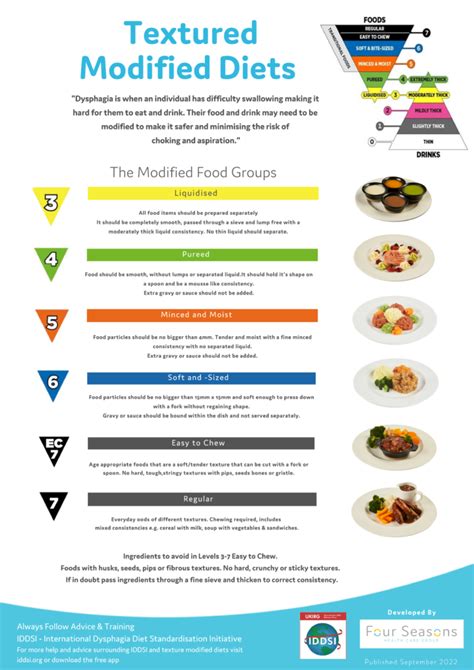
Craving a slice of pizza? Don’t beat yourself up!
Ditch the restrictive diet mentality and focus instead on building a healthy eating pattern based on food frequency. This means prioritizing whole, unprocessed foods like fruits, vegetables, lean proteins, and whole grains most of the time, and allowing yourself occasional treats in moderation.
Why it Works: Our bodies crave variety. When you remove entire food groups, you often end up feeling deprived and craving them even more. By focusing on eating plenty of nutrient-rich foods most of the time, you naturally create space for enjoyable treats without guilt.
Try this: Instead of labeling foods as “good” or “bad”, consider them “everyday” or “sometimes” foods. Aim to fill your plate with “everyday” options like colorful vegetables, lean protein, and whole grains, and save “sometimes” foods for occasional indulgence.
2. Hack Your Hunger: Meal Timing is Key

Ever feel ravenous in the afternoon even though you had a “big” breakfast?
The secret might lie in your meal timing. Instead of three large meals, try dividing your daily calorie intake into smaller, more frequent meals. This can help regulate your blood sugar levels, keeping your energy stable and cravings in check.
Why it Works: Eating frequently throughout the day can prevent drastic drops in blood sugar, which often leads to hunger pangs and cravings.
Try this: Eat breakfast within an hour of waking up, have a mid-morning snack, enjoy a balanced lunch, and have a smaller snack in the afternoon. You could also try incorporating dinner in early and then a light bedtime snack if needed.
3. Snack Smart: The Power of Psychology
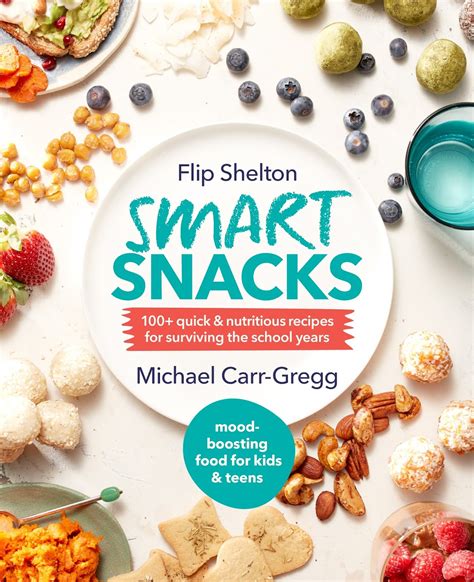
You’re not alone if you find yourself reaching for unhealthy snacks when you’re stressed or bored.
But here’s a simple hack: be mindful of your emotional eating triggers and have healthy snacks readily available. Having a go-to selection of nutritious snacks on hand can make it easier to make healthy choices in the moment.
Why it Works: We often emotional eat when we’re craving comfort, not necessarily nourishment. Healthy snacks can temporarily satisfy those cravings without derailing your health goals.
Try this: Prep a batch of healthy snacks at the beginning of the week, such as veggie sticks with hummus, fruit skewers, or a handful of nuts. See what other healthy options you enjoy and keep them at your desk, in your bag, or wherever you’re most likely to crave a snack.
4. Hydrate Your Way to Happiness: Water, Water Everywhere
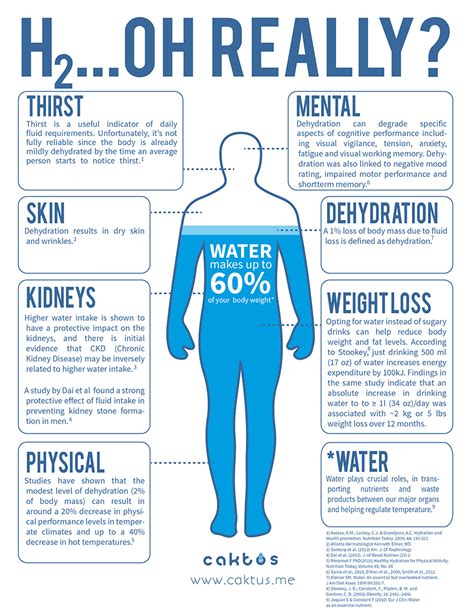
You know you need to drink water, but are you truly getting enough?
Dehydration can impact everything from energy levels to mood. Make a conscious effort to increase your water intake throughout the day.
Why it Works: Water is essential for countless bodily functions, including digestion, nutrient absorption, and temperature regulation. Staying properly hydrated can boost energy, improve concentration, and even influence your mood.
Try this: Keep a reusable water bottle with you at all times and aim to refill it several times throughout the day. Add slices of lemon, cucumber, or berries for a refreshing twist. You can also track your water intake with a phone app.
5. Move Your Body, Boost Your Brain
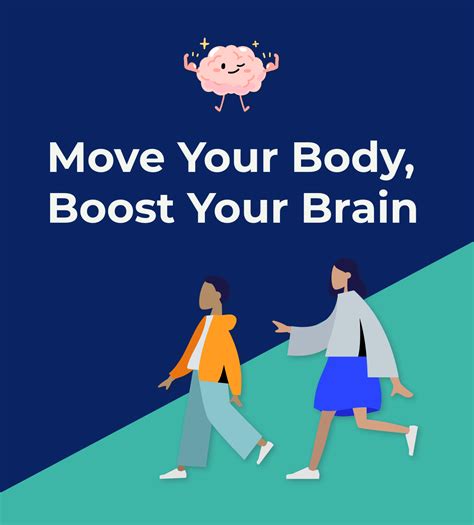
Exercise isn’t just great for your physique – it’s also a powerful brain booster.
Even a short walk can improve your mood, increase cognitive function, and reduce stress. Find an activity you enjoy and make it a regular part of your routine.
Why it Works: Exercise releases endorphins, which have mood-boosting effects. It also improves blood flow to the brain, enhancing cognitive function and memory.
Try this: Instead of viewing exercise as a chore, focus on the benefits it brings to your mental and emotional wellbeing. Take the stairs instead of the elevator, go for a walk during your lunch break, or dance to your favorite music at home.
6. Invest in Your Sleep: The Ultimate Recovery Ritual
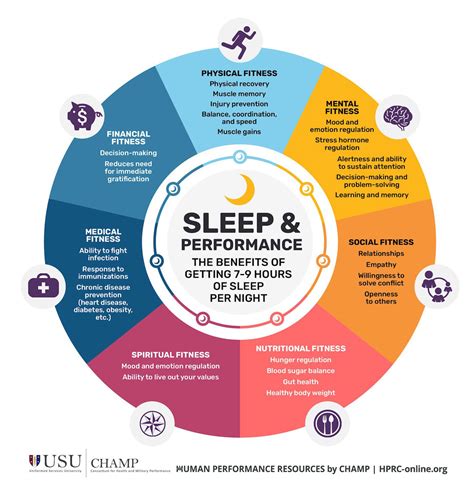
Sleep is often overlooked, but it’s crucial for physical and mental health. Aim for 7-9 hours of quality sleep each night.
Why it Works: During sleep, your body repairs and rejuvenates itself. Getting enough sleep improves your mood, concentration, and overall health.
Try this: Create a relaxing bedtime routine that signals to your body it’s time to wind down. This could include taking a warm bath, reading a book, or listening to calming music. Avoid screen time an hour before bed and make sure your bedroom is cool, dark, and quiet.
7. Mind Your Mindset: Positive Thinking Pays Off
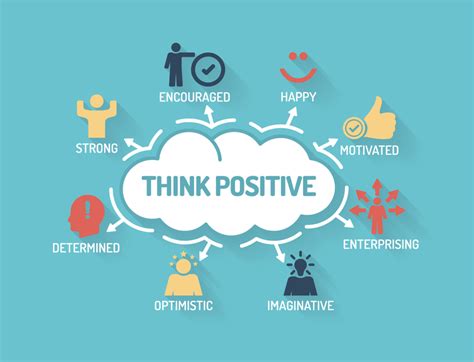
Your thoughts can have a profound impact on your health. Cultivate a positive mindset and focus on the good things in your life.
Why it Works: Positive thinking can reduce stress, boost your immune system, and even help you recover from illness more quickly.
Try this: Start each day with a few minutes of gratitude practice, focusing on the things you’re thankful for. Surround yourself with positive people, engage in activities that bring you joy, and challenge negative thoughts when they arise.
Bonus Hack: Make it Stick
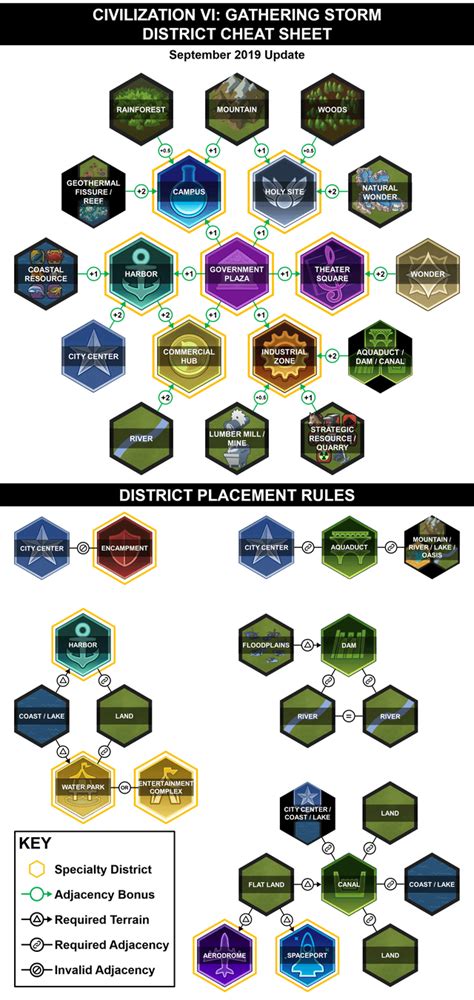
The key to success with any health habit is consistency. Start small, make gradual changes, and celebrate your progress along the way. Reward yourself for sticking to your goals (with something healthy, of course!).
Remember, health is a journey, not a destination. Be kind to yourself, enjoy the process, and embrace the power of these simple, yet effective, health education hacks!
FAQ
- Q: Are these hacks scientifically proven?
A: While these hacks are backed by research and anecdotal evidence, individual experiences may vary.
- Q: Can I implement all of these hacks at once?
A: Start with one or two that resonate with you and gradually incorporate others.
- Q: Do these hacks replace professional medical advice?
A: These hacks are not a substitute for professional medical advice. Consult a doctor for any health concerns.
- Q: Are there any potential downsides to these hacks?
A: Some hacks might not be suitable for everyone, especially those with underlying medical conditions. Listen to your body and adjust accordingly.
- Q: Where can I learn more about the science behind these hacks?
A: Further details and research references are provided within the article itself.
- Q: What if I don’t have access to certain resources mentioned in the hacks?
A: Adapt the hacks using readily available alternatives.
- Q: Can I share these hacks with others?
A: Please share responsibly, encouraging readers to consult with healthcare professionals for personalized advice.



